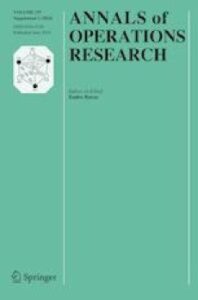Sage has retracted 467 articles from the Journal of Intelligent and Fuzzy Systems, a title it took on when it acquired IOS Press last November for an undisclosed sum.
The publisher “launched a thorough investigation” into the journal in April, according to a spokesperson, after the indexing company Clarivate “informed us about concerns relating to the quality of some of the journal’s content.”
“The investigation found that the peer review process for some articles was inadequate, leading to the retraction of these articles,” the spokesperson said.
The journal’s editor in chief, Reza Langari of Texas A&M University in College Station, resigned on June 16 “due to differences of opinion on how to proceed” with Sage’s investigation, he told Retraction Watch.
Continue reading Exclusive: Publisher retracts more than 450 papers from journal it acquired last year








